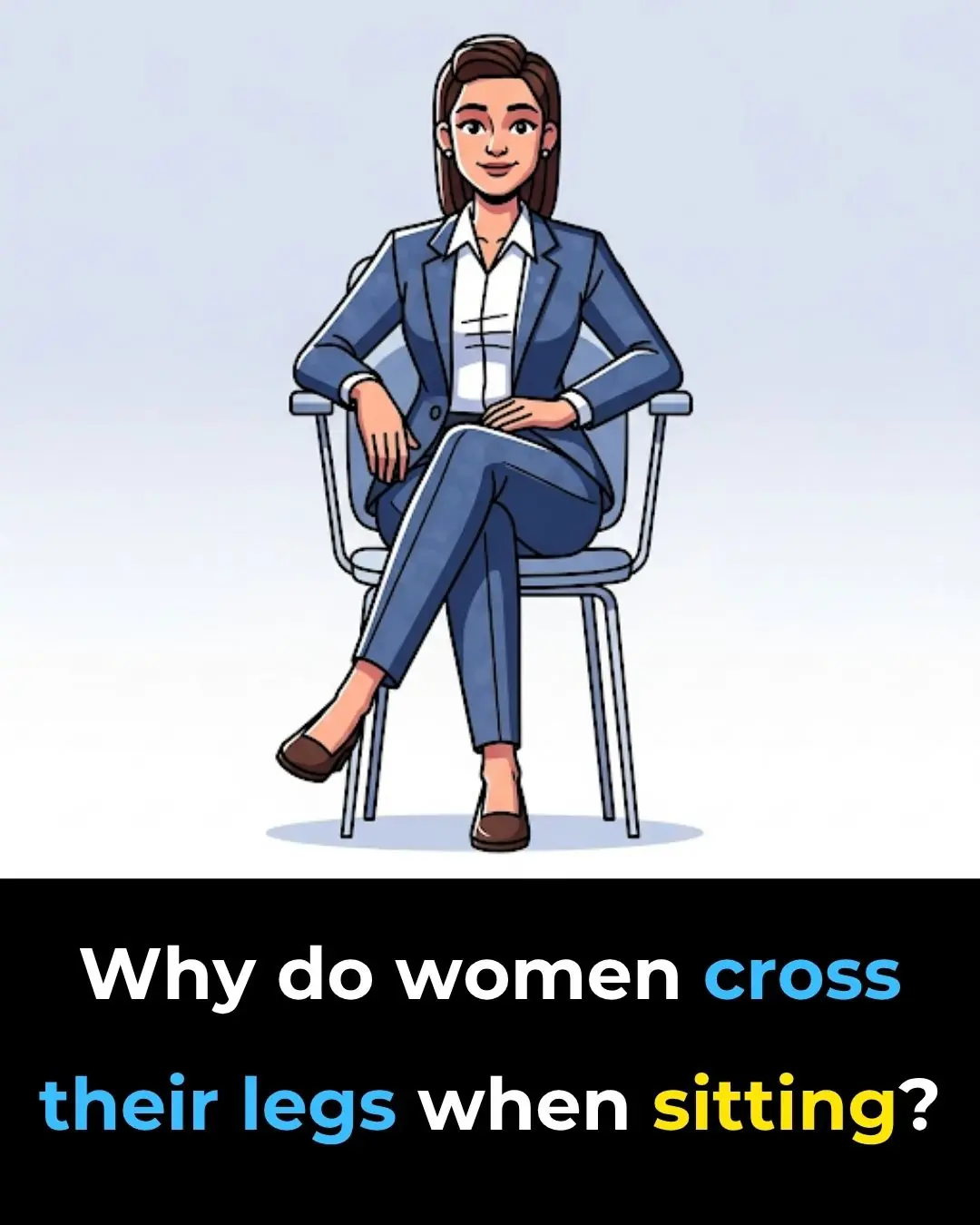
Ancient tablet has been completely translated and has some terrifying predictions for humanity

A tablet, over 4,000 years old, has been fully translated, revealing startling predictions for humanity. Discovered more than a century ago in present-day Iraq, this cuneiform tablet has long intrigued scholars. After years of study, the troubling messages within it have been decoded. These predictions, stemming from celestial divination, connect the alignment of stars, planets, and lunar eclipses to disastrous events on Earth, such as the deaths of kings, locust invasions, and deadly epidemics. Let’s delve into these unsettling insights and their potential implications for the future.
The Origins and Importance of the Tablet
The ancient tablet, now housed in the British Museum, was found in what is now Iraq and dates back to the Middle and Late Old Babylonian periods, roughly between 1894 and 1595 B.C.E. The tablet consists of four clay pieces with 61 distinct omens, based on observations of shadow movements, timing of nights, and lunar eclipses. These omens were likely used to predict significant events, such as the fate of empires and the lives of kings. The translation of the tablet offers a rare look into the ancient understanding of celestial phenomena and their perceived influence on earthly events.
Eclipses and the Fall of Kings
One of the most prominent themes in the tablet’s predictions is the association of lunar eclipses with the death of kings. The tablet suggests that if an eclipse is obscured from the center and clears all at once, it foretells the death of a king and the destruction of Elam, an ancient region in present-day Iran. This belief underscores how deeply celestial events were intertwined with the political and social structure of ancient civilizations. The fear of such omens was so profound that, on occasion, substitute kings were appointed to bear the divine punishment, allowing the actual ruler to remain safe.
Omens of Natural Disasters and Disease
The tablet also predicts natural disasters and epidemics. For example, if an eclipse occurs during the evening, it signifies the start of a deadly epidemic. Another omen warns of a locust swarm devastating crops. These predictions were likely based on the Babylonians’ observations of the natural world, where they saw a direct link between celestial events and earthly occurrences. The omens weren’t just seen as warnings but also as opportunities for rituals or preparations to prevent the foretold disasters.
The Role of Celestial Divination in Babylonian Society
In ancient Babylonian society, celestial divination played a critical role, especially among the elite. Kings and rulers would consult astrologers and priests to interpret celestial signs and predict future events. The translated tablet reveals that the Babylonians had developed an intricate system to analyze lunar eclipses, correlating specific characteristics of these events to particular omens. This system was essential for guiding political, military, and social decisions, helping maintain order and stability.
Avoiding the Dark Predictions
Despite the ominous nature of the predictions, ancient Babylonians believed these omens could be avoided. Rituals and sacrifices were commonly performed to appease the gods and negate the effects of the predicted events. The tablet suggests that such rituals were deeply embedded in Babylonian culture, reflecting a strong belief in the power of the divine to alter human fate. This also highlights the importance of religion and ritual in mitigating the perceived dangers of the omens.
Comparisons with Other Ancient Divination Practices
The predictions on the Babylonian tablet are not unique to this culture. Similar practices of celestial divination were found in other ancient civilizations, including the Mayans and the Chinese. These cultures also connected celestial events with earthly occurrences, using their own systems to predict and influence the future. The similarities in these practices point to a universal human desire to understand and control nature through divine intervention.
The Legacy of the Tablet’s Predictions
The translation of this ancient tablet provides a window into the past, allowing us to glimpse the beliefs of civilizations long gone. While modern science has replaced celestial divination with empirical observation and analysis, the legacy of these ancient practices still influences how we view our connection to the cosmos. Though these predictions are rooted in the past, they serve as a reminder of humanity's enduring fascination with the stars and the future.
News in the same category


The Hidden Meaning Behind Leg-crossing — It’s More Than Just Comfort

Scientists Warn: Universe’s ‘Self-Destruct Button’ Could Trigger Without Warning

WORLD'S FIRST DATE SOFT DRINK

We weren’t the only humans just the last ones left to tell the tale

Japanese “Baba Vanga” Meme Resurfaces After July 2025 Tsunami Triggers Alerts

Why you should always put a coin in the freezer before you leave home

Heroic Teen Malaya Grace, 17, Dies After Saving Siblings from Drowning in Texas Floods

Why You Should Never Ever K--ill A House Centipede If You Find One Inside Of Your Home

‘Granny Pods’ Let Aging Parents Stay Close by in Your Backyard

Airport baggage handler issues warning to anyone who ties a ribbon on their suitcase

What Does it Symbolize When a Person Who Passed Away Shows up in Your Dream?

Optical illusion reveals whether you’re an introvert or extrovert

Trapped in Silence: Boy Awakens After 12-Year Coma With Terrifying Secret
Imagine suddenly being trapped inside your own body—fully conscious, aware of your surroundings, but completely unable to move, speak, or communicate in any way. For Martin Pistorius, this unimaginable scenario was reality for more than a decade. His st

Urgent warning issued to all iPhone users following release of iOS 18.6

Experts Warn of Imminent 'Cosmic Hell' That Could Wipe Out Mankind, Exact Time Revealed
Though the ending is billions of years away, the emerging evidence is shifting scientific consensus on cosmic fate. Understanding dark energy—the force shaping expansion—is one of the greatest unsolved mysteries in physics.

Astronaut Waves And Turns His Camera To Disprove The Flat Earth Theory For Good

Your iPhone’s Volume Buttons Are Loaded with Hidden Features

Astronaut shares the profound ‘big lie’ he realized after seeing the Earth from space
News Post

He Wouldn’t Take Off His Hat In Class—But When I Found Out Why, Everything Changed

THEY SAID I COULDN’T KEEP MY JOB AND RAISE HER—SO I TOOK HER ON THE ROAD

A Stranger Yelled At My Daughter In Public—So I Made Sure She Got What She Deserved

My Cousin Got A Job At My Ex’s Restaurant—And Then Sent Me A Photo Of What He Found In The Walk-In

Warning Symptoms of Vitamin B12 Deficiency and How to Fix It

Tingling Sensation In Your Body: Why Does It Happen

High Blood Sugar Warning Signs

Earth Plunged Into Darkness For Six Minutes In Rare Event Not Seen In A Century

The Hidden Meaning Behind Leg-crossing — It’s More Than Just Comfort

Scientists Warn: Universe’s ‘Self-Destruct Button’ Could Trigger Without Warning

WORLD'S FIRST DATE SOFT DRINK

We weren’t the only humans just the last ones left to tell the tale

Japanese “Baba Vanga” Meme Resurfaces After July 2025 Tsunami Triggers Alerts

Top Signs of Iron Deficiency and How To Increase Iron Levels In Your Blood

Doctors Suspected Baby Had Mouth Tumor—The Shocking Truth Left Them Speechless

Why Some People Never Break A Bone—3 Wild Theories Explained

JAW DROPPING SIMULATION SHOWS WHAT HAPPENS TO YOUR BODY WHILE FASTING FOR 36 HOURS TO ACHIEVE 'FULL RESET'

Why you should always put a coin in the freezer before you leave home

6 Health Benefits of Sleeping In a Cold Room and How to Make it Cooler- And Why You May Not Want to Use a Fan
